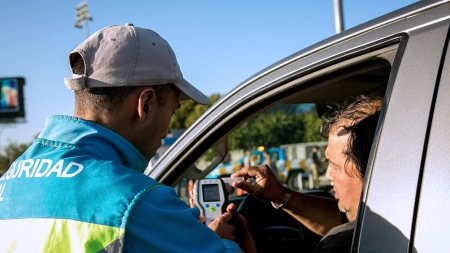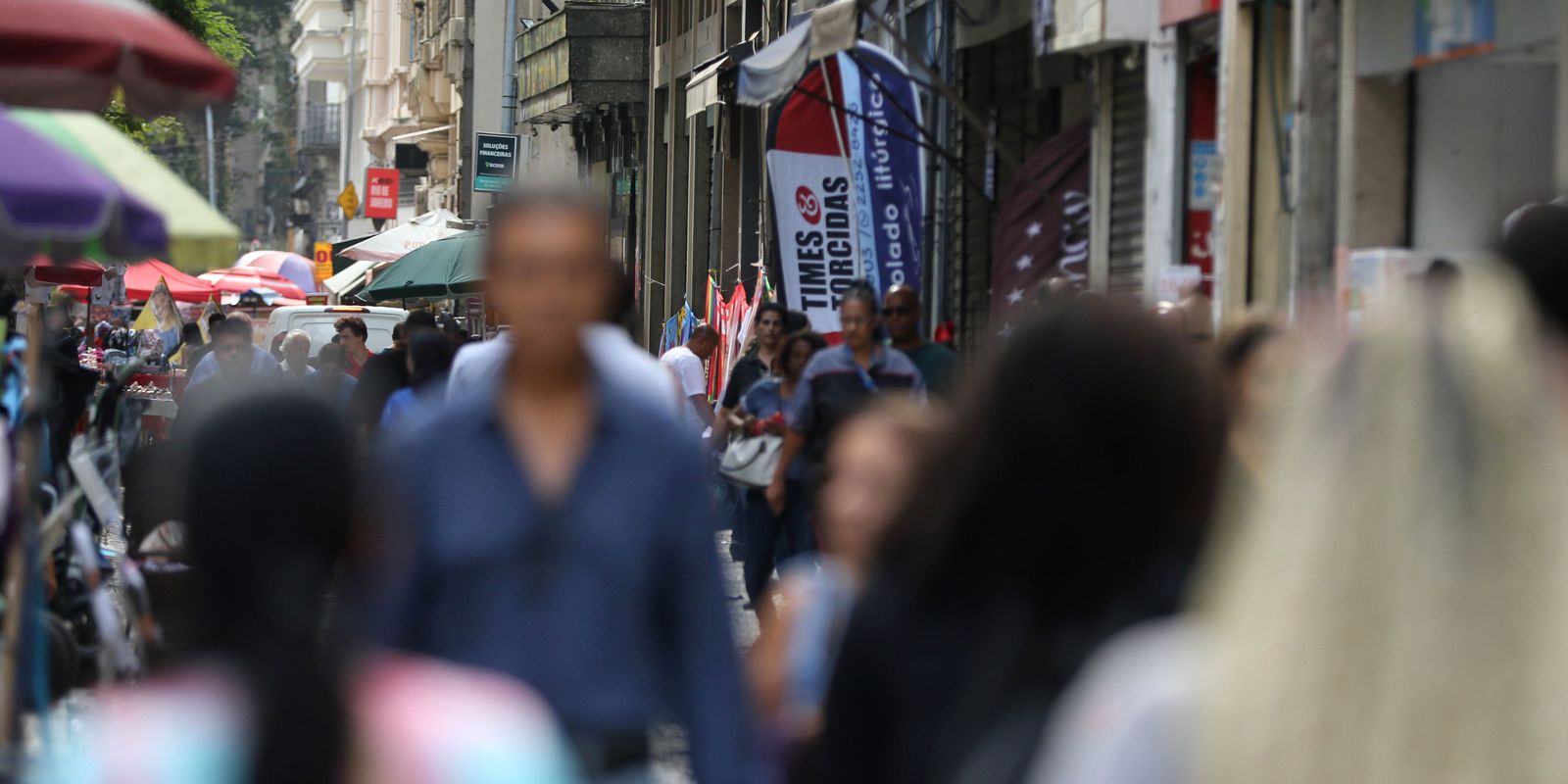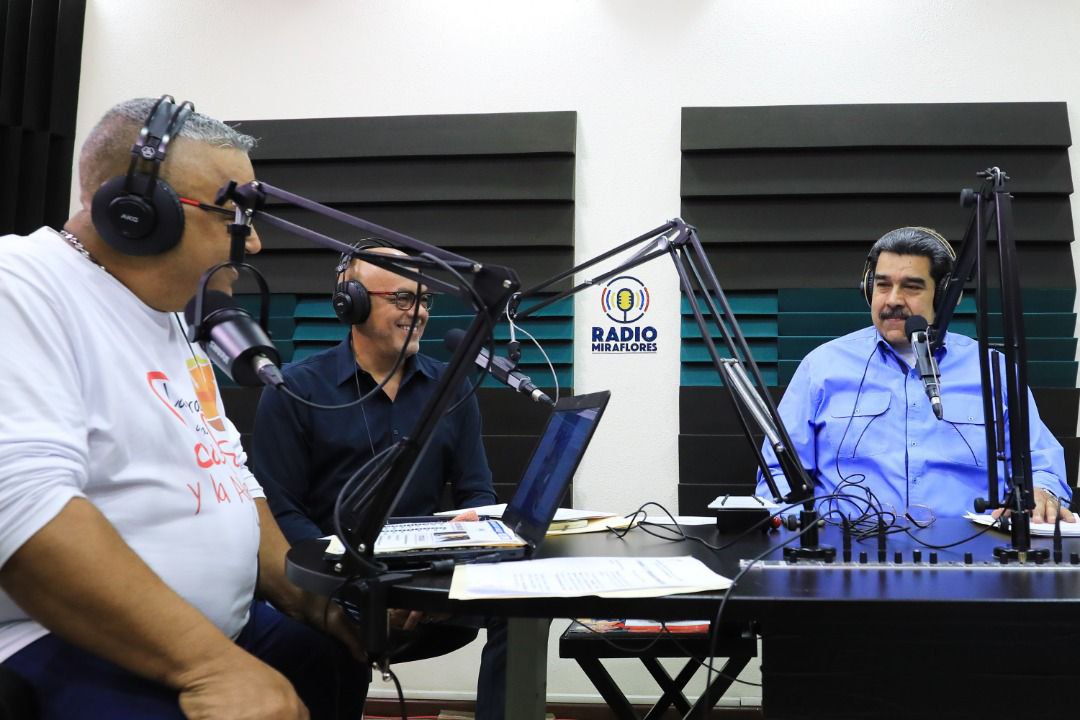The Chamber of Deputies approved and sent to the Senate the bill that reforms the Transit Law to reduce from 0.5 to 0 milligrams the amount of alcohol per liter of blood that can be tolerated for driving, with 195 affirmative, 19 against and four abstentionsthese last two expressions coming mostly from deputies from provinces with wine-growing activity.
At the beginning of the treatment of the project, the president of the Transport Commission, Jorge Rizzotti (UCR), said: “This law is the product of the effort made by those who are on the balconies, the mobilization and commitment of many NGOs that are with us today and that they were the ones who informed all the deputies of the objective of this law, which is far from being a law against alcohol consumption. It has nothing to do with the prohibition of drinking but rather of not driving when alcohol has been consumed” .
“All the therapeutic and control approaches to the use of substances in users, who have a rights perspective, agree that substance use is not compatible with driving vehicles”, completed the informant member of the project.
For the deputy from Jujuy, “the modification of this law is an extremely strong step, a step on a long road. This legislation attempts a cultural change, aims to fight against road violence and configure a practice of awareness and citizen responsibility. In terms Andinos, ‘the good life’: the transit of life with respect for oneself, others and mother earth”.
“Family members and organizations exposed their tragic stories of preventable death as a result of drunk driving. Too many families have lost loved ones to drunk driving motorists,” he said.
On behalf of the Frente de Todos, Jimena López, vice president of the Transport Commission, stressed that “this law, which has to do with the accident rate caused by consumption, comes to repair at least a little, the great loss suffered by many families“
“This law comes to limit the speculation of a drink or two. Consumption has an impact and affects the faculties,” he completed.
From his own block, Daniel Arroyo, also expressed his support: “I understand that the issue of road accidents goes far beyond the problem of alcohol consumption, which has other dimensions, but here we are doing something clear, saying zero alcohol at the wheel “.

For her part, the PRO deputy, María Luján Rey, emphasized: “Today we are regulating how to drive in our country, this law comes to equalize the responsibility of drivers prioritizing safety. The good that we want to protect is neither more nor less than the good of life..
From the Federal interblock, the former Minister of Transportation, Florencio Randazzo, specified: “When we talk about road safety we are talking about life or death; And above all, in those under 25 years of age, the greatest cause of unnatural death is road accidents, so it is worth discussing this type of issue whether it is important or not”.
Against the project, the deputy José Luis Espert, from Avanza Libertad, considered: “legislating on zero alcohol is of course cheap and free, but I think that the problem of road accidents does not happen because of this but because of a matter of driver education , many more highways instead of common routes and in this way the state and political responsibility would be solving the problem of the citizens.
“Driving drunk increases the risk of accidents, but it has not been proven that going down from 0.5 to 0.0 is effective and justifies further limiting the freedoms of citizens. The State does not build highways or take measures that would reduce deaths ”, he added.
Another who spoke out against it was Ricardo López Murphy, from Republicans United-Together for Change, who said: “I think we did not go where the key to the problem is: in penalties, in management and in driver education. This legislation does not put the emphasis where they should be and for this reason I do not agree with the project of the majority”.
For the ruling party, Roberto Mirabella, from Santa Fe, considered that “this project is not against anyone, neither those who make cars nor those who produce alcohol. On the contrary, we encourage and support those who work, produce, invest and create value. This project is in favor of life, this project is to take care of all of us as a human species. It is an action in favor of life.”
At the close of the debates, the president of the PRO block, Cristian Ritondo, argued his vote in favor: “More than a thousand Argentines die every year as a result of drunk drivers, one in four road accidents is associated with this problem. Today we are making the half sanction a reality but we need to move forward as a society ”.
Finally, Ramiro Gutiérrez, from the Frente de Todos, highlighted: “This is a law that builds rights for victims based on evidence and that has a clear and direct purpose, to improve road safety in Argentina, which is why we remove alcohol from the wheel of the Argentines.
The radical Mendoza Jimena Latorre gave the reasons for her vote against: “We are changing so that nothing changes. And what is worse, we have lost the necessary sensitivity to look the recipients of these regulations in the face and tell them that the proposed modification is not going to change reality at all, that it is pure demagogy”.
“The modification of the opinion of the majority is to change the tolerance of alcohol in blood allowed to drive without changing the sanctions for those who violate that tolerance: it is to prohibit without the possibility of punishing. Only for that he reached the agreement ”, he completed.
The current Traffic Law 24,449 establishes, for any type of vehicle, a tolerance of up to 500 milligrams (0.5 grams) of alcohol per liter of blood; for motorcycles or mopeds up to 200 milligrams (0.2 grams); and for the transport of passengers of minors and cargo, zero alcohol.
The “zero tolerance” with alcohol is already implemented in seven provinces and 13 localities of the countrywhere better results were obtained in terms of road accidents than with the current regulations.
Meanwhile, in the province of Buenos Aires, it remains for the Chamber of Deputies to approve the initiative promoted by Governor Axel Kicillof, which already received half a sanction from the provincial Senate at the end of October.








